Astoria Creatives Spotlight: Rennik Soholt, Director & Producer
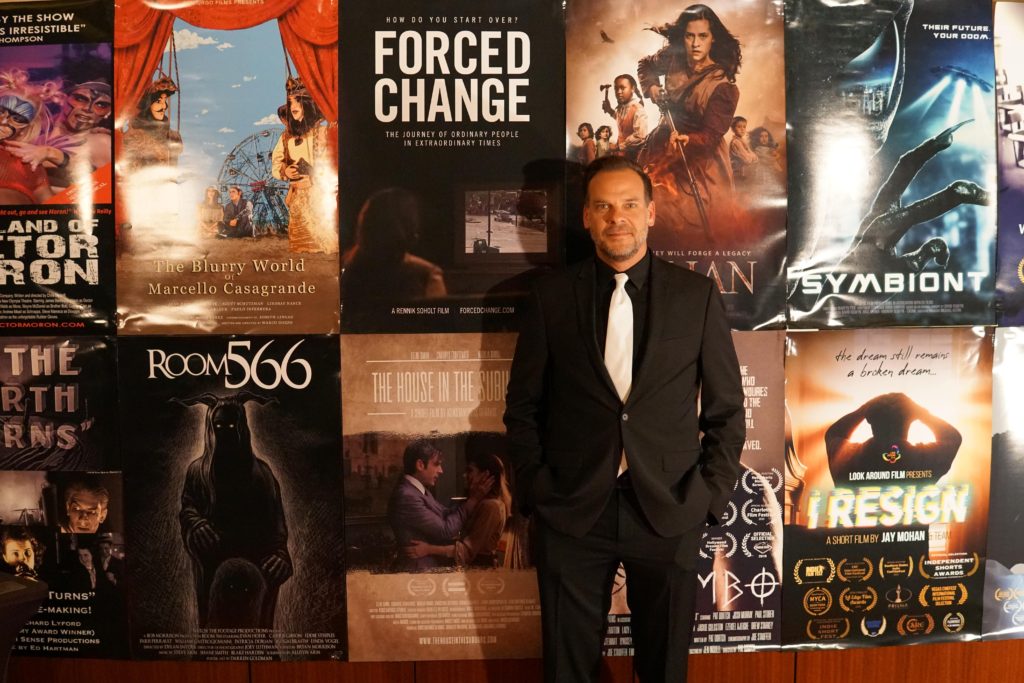
Hello, 2020! We’re welcoming the new year with a brand-new blog series showcasing the depth and diversity of talent that we have right here in Astoria. It is our hope that these monthly Q&A interviews will spark inspiration and maybe even collaborations and connections.
This month, our spotlight is on Rennik Soholt, an award-winning and Emmy-nominated media producer and director. His expansive body of work includes the acclaimed travel and food show Anthony Bourdain: No Reservations and, most recently, a feature-length documentary, Forced Change, which tells four stories of New Orleanians displaced by Hurricane Katrina. Forced Change was awarded “Best Feature Documentary” at the Big Apple Film Festival. It also won “Best Feature Documentary” at the Southern States Indie Fan Film Fest in Biloxi, Mississippi earlier this month. It will be released this coming August in time for the 15-year anniversary of Hurricane Katrina.
You’ve lived and traveled all over the world. What brought you to Astoria and what do you like about living here?
I moved to New York in 2002 and lived in Spanish Harlem for many years. Then I met my wife and moved to Astoria where she lived. I love Astoria—the food is amazing. And as someone who lived in Manhattan for so long, Astoria feels “neighborhood-y.” There is space, people are kind, it’s diverse, and it’s a quick commute to the city. It’s also a great place to raise kids!
Fave neighborhood spots?
I love riding scooters with my son in Astoria Park. There’s a little haircut place, Nikos & Tasoula, on 29th & 30th Ave—it’s always packed, and it’s owned by a couple that’s been there for 30 years. Pink Nori—my son loves sushi. We order sushi from there all the time. In the summer, we go to Ample Hills for ice cream. And I go to Astoria Coffee all the time.
How did you hear about Astoria Creatives?
I have been going to Astoria Creatives meetups for a couple of years now, which is where I met Nick. And then we started getting our honey from him.
Did you always know you wanted to be a director and producer? How did you land on this career path?
Probably not. I lived in New Orleans before I moved to New York. I took a documentary film class at San Francisco City College before moving to New Orleans where I went to grad school. I was working on getting my master’s degree in social work at Tulane. I dropped out because I loved the documentary class I had taken in San Francisco and wasn’t enjoying Tulane. I stayed in New Orleans for two years and applied to film grad school. I didn’t get in because I really had no experience. I moved to New York in 2002 and worked my way up from the bottom. I just said “yes” whenever an opportunity was offered, and within a year of moving here, I was making a living as an assistant on a number of shows and live events, including the Academy Awards and the Super Bowl. I think it’s important to say “yes” to opportunity, but also be clear about what you don’t want to end up doing, which you learn along the way.
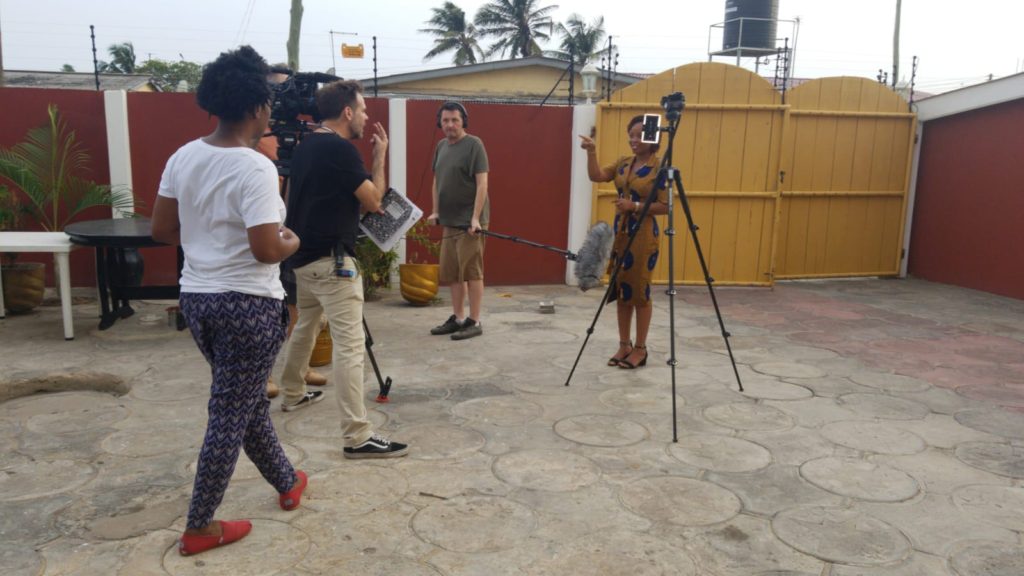
From where do you draw inspiration?
Working in nonfiction, it’s pretty straightforward. It’s interest and experience. I read the paper and magazines, and I have interest in the world, including climate change, cuisine, and international/global stories.

What was it like to work on Anthony Bourdain: No Reservations?
It was an intense time of my life. I was an associate producer early on, then I went on to producing and directing. They’d give us the name of a country, and then I’d go! I exhaustively researched the country’s history, food scene, and topographies. I’d build a treatment around what I’d discovered, then hire someone in the country to scout and come up with experiences, and I’d present those ideas to the bosses, which were the production company Zero Point Zero Production, as well as Tony himself. We went to 12+ countries a year at the time. I learned how to produce a show and had a good time on the road. It was exhausting but a fun and special time in my life.
What made you most proud in 2019?
My documentary titled Forced Change. I worked on it for almost 15 years. When Hurricane Katrina hit in 2005, I knew a lot of people directly influenced and a lot of people who stayed. I was working on No Reservations at the time, and I had a trip to Peru and only two weeks between that shoot and the next. It was October of 2005. I rented a car and drove for three days and spent two weeks in New Orleans filming. I contacted people I knew and took a camera to their homes with them and captured what was left. Because I was still working on No Reservations, I didn’t have much time. Then Spike Lee’s documentary on Katrina came out, which was amazing, and the market was quickly saturated with stories about New Orleans and Katrina.
Originally, my documentary focused on an idea that some people stayed and some left after Katrina. But I noticed that my strongest stories were the people who left and didn’t come back. I realized my film was about internal displacement due to climate change. In 2015, on the 10-year anniversary of Katrina, PBS NewsHour aired 10 minutes of my film. But the 10th anniversary of Katrina passed and I hadn’t completely finished the film and I was out of money. So, I set it aside. Now it has finally premiered here in NYC at the Big Apple Film Festival in November 2019 and won “Best Feature Documentary.” The week before I started my current job, it played at Southern States Indie Fan Film Festival in Biloxi, Mississippi where it also won “Best Feature Documentary.”
How do you measure success?
Success is different for different people. You have to feel good about yourself. For some it’s money, for some accolades, but you have to figure out how you feel about the body of work you’re creating. You have to be able to look at it and feel proud.
What are you passionate about?
The kind of mass migration that happened due to Hurricane Katrina will continue to happen in our world—the fires in California are another example. People displaced by Katrina ended up spread out all over the country. This social phenomenon is unique to our current age and a soon to be recurring issue. I’ve developed and am actively pitching a podcast—I’m trying to look at displacement on a global scale due to climate change. It’s a big story that starts with New Orleans and Katrina but that will keep going and building. This is important to me and a topic worth spending time focusing on.
What are you working on now?
I just started working on a documentary series for Viacom. I’m two weeks in, so that’s all I’ll say for now.
Do you have ideas for upcoming projects?
I’ve been pitching some stuff to TED recently. TED World Headquarters is based in New York. I also have a few ideas boiling, like an idea about education and mindfulness. I’m interested in a concept called interpersonal neurobiology and emotional wellbeing in general. I’m seeing more focus on emotional intelligence and mindfulness in elementary schools and think it’s important to learn these skills early in life. There’s the podcast idea which is floating around different digital platforms now. Hopefully one or two of these ideas takes flight, and between that and the film fest tour with Forced Change, it will be a busy 2020.
What resources or collaborations would help turn those project ideas into reality?
I always need people with technical skills. But how do I make that happen independently and affordably? I always need a camera person, a sound person, and an editor. And because I started on No Reservations, I’m used to working with a high level of professional ability, which makes it tough but not impossible to find the right collaborators. I’m always open to having a cup of coffee and meeting people.
I’m also always looking for investors who want to fund projects. It’s challenging for documentaries, which can be the least expensive media when you look at commercials and scripted features, but a good documentary where everyone is getting paid will still cost three quarters to a million dollars when done right. Many documentaries are funded by grants—organizations will give you money, but it’s hard to win those grants. Venture capital and private investment is a common way to package and fund these projects. Getting in the room with investors is probably the hardest part of this business, but I love the opportunity when it presents itself!
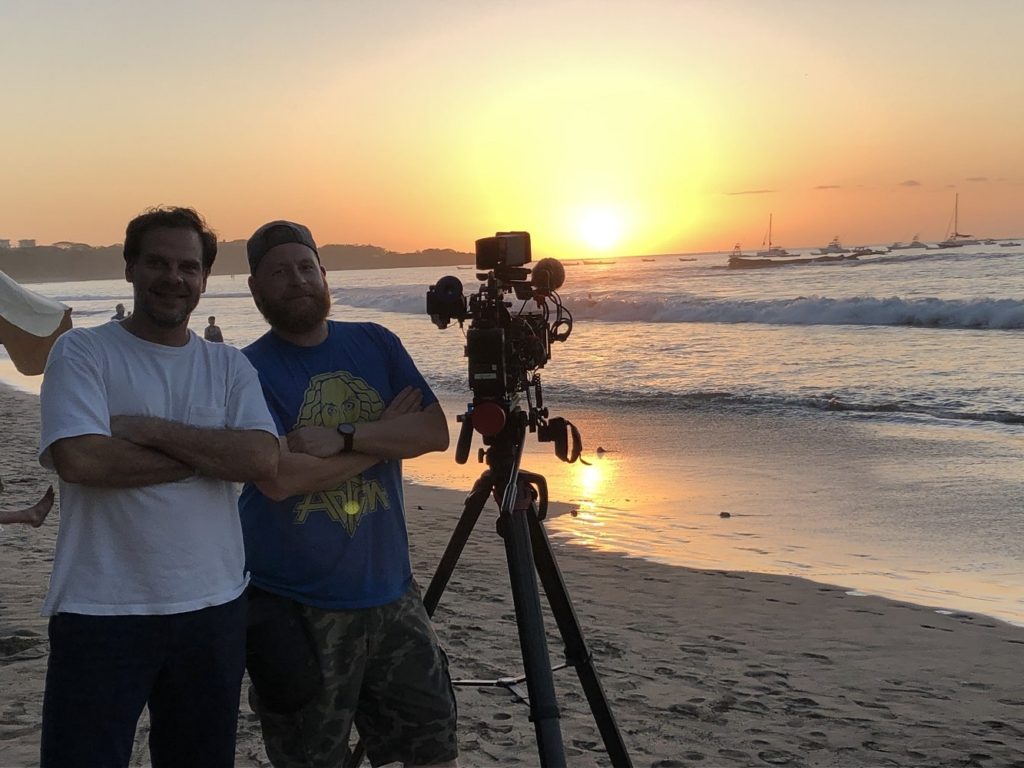
What are you reading or watching right now?
A lot of documentaries! I watched a Frontline documentary last night about our current political system, Divided States of America. My wife and I just watched Black Mirror—we watched the whole series and loved it. I recently finished Game of Thrones—I didn’t start it until after the last episode already aired. So, then I binged it. But I really love nonfiction stuff—there’s a short series from Vox called Explained that I watch all the time. I love documentaries by Robert Greene and Penny Lane. I’m currently reading a nonfiction book on film distribution and mindfulness in relationships. I also picked up a Haruki Murakami novel yesterday but think it’s not sticking, so I’ll jump to a sci-fi book by Malka Older I’ve been waiting to read. I can be a little attention deficient these days.
Anything else you would like people to know?
August 2020 will mark the 15-year anniversary of Hurricane Katrina. My goal for Forced Change is to continue building momentum and international press. I’d like to land a streaming deal, as well as educational and international distribution of some kind. I think there’s an audience for that.
There’s also an oral biography coming out next year about Anthony Bourdain. I was interviewed for the book and some of my photographs will be published in it. I don’t think the book has an official name yet.
Oh, and I’ll be speaking next month at the Big Apple Film Festival on February 11th on a panel focusing on indie film distribution, which should be fun.
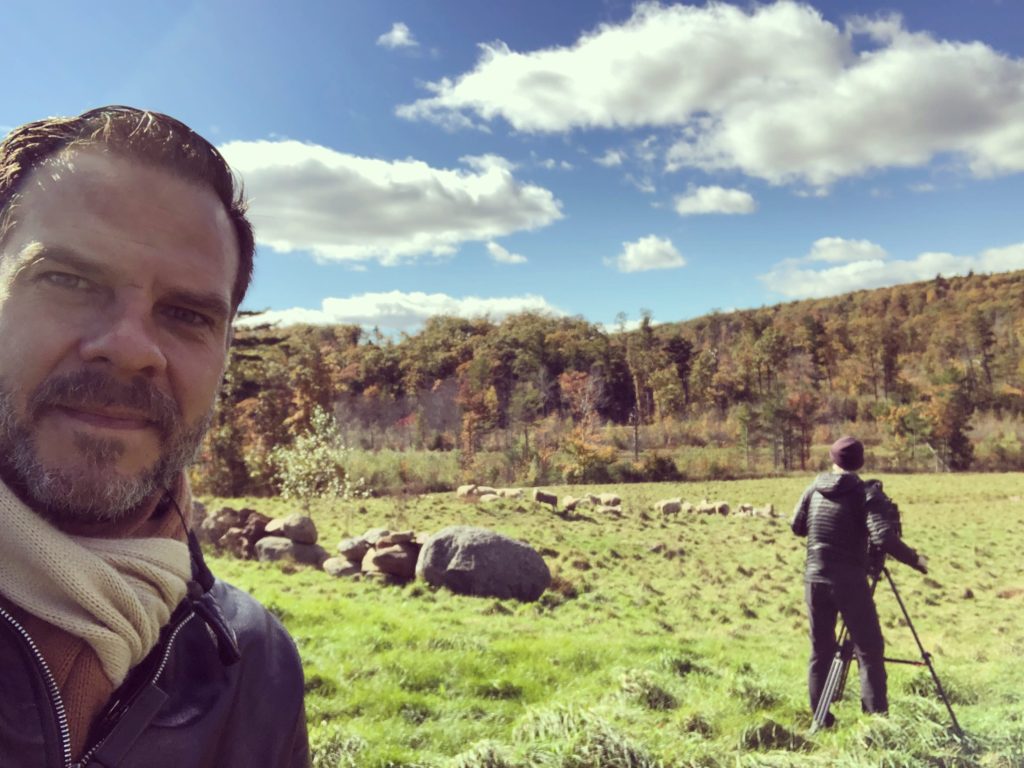
To learn more about Rennik, check out his website, connect with him on LinkedIn, or find him on Instagram.
Want to meet fellow Astoria creatives IRL? Come to our February hangout at Q.E.D.!
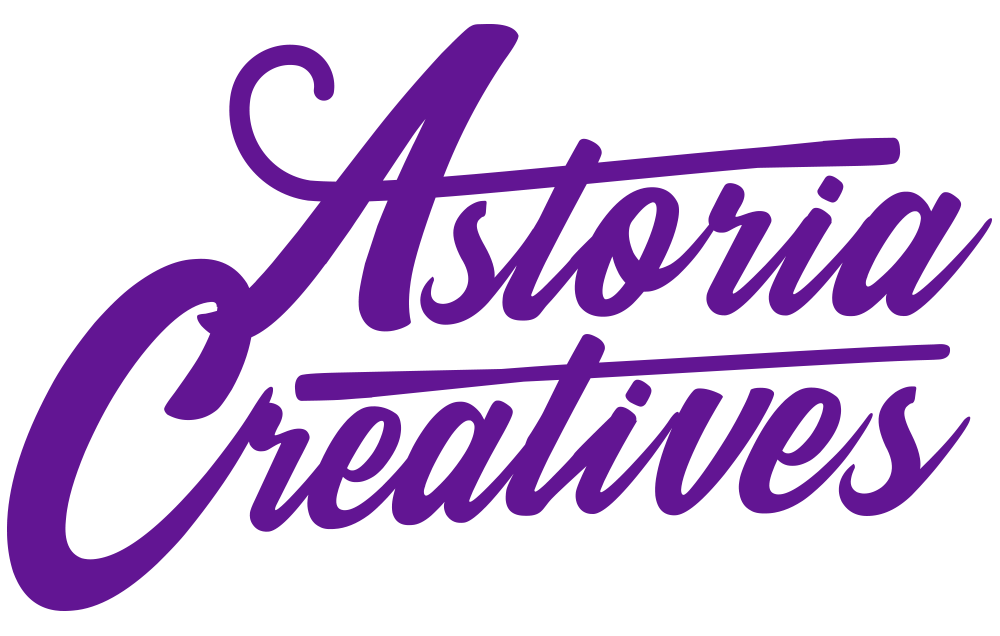
Recent Comments